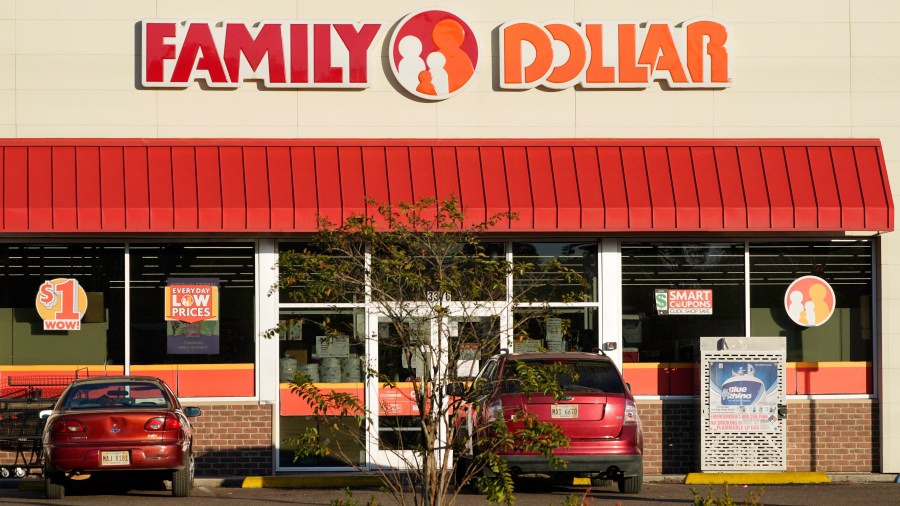Bargain shopping is about to get a lot more expensive.
On Thursday, 99 Cents Only Stores LLC, which operates 371 stores across the country, announced it would be “winding down” its business, closing each and every one of its stores over the coming months.
The company, which employs around 14,000 people, cited financial challenges it says were brought forth by the pandemic, inflation and changing consumer shopping habits.
The company said it will liquidate all of its merchandise and dispose of certain furnishings, fixtures and equipment at the stores.
“This was an extremely difficult decision and is not the outcome we expected or hoped to achieve,” said the company’s interim CEO Mike Simoncic.
The announcement comes just weeks after news broke that another major retailer in the dollar (give or take) marketplace would be increasing its prices on many of its products.
In March, Dollar Tree, the second-largest retailer in the space behind only Dollar General, said it would be increasing the max prices on its items to as high as $7.
“This year, across 3,000 stores, we expect to expand our multi-price assortment by over 300 items at price points ranging from $1.50 to $7,” CEO Rick Dreiling said in March 13 earnings call.
Food, pet supplies and personal care items will be among the products to receive a price increase, although the rising prices won’t apply to everything. Dreiling said the “vast majority” or products sold in Dollar Tree stores will remain at its “entry-level fixed price point.”
As the price climbs on many of its products, shoppers still shouldn’t get comfortable with spending no more than $7 on items. Dreiling says the company plans to eventually have products in its stores that cost as much as $10, although an exact timeline is unclear.

Dollar Tree also owns the Family Dollar brand, which it acquired in 2015 after outbidding its main rival Dollar General, according to the Associated Press.
While shoppers of Dollar Tree have embraced the multi-price point model that has provided a positive boost for the company, Family Dollar, is struggling.
“Persistent inflation and reduced government benefits continue to pressure the lower-income consumers that comprise a sizable portion of Family Dollar’s customer base,” Dreiling said.
As such, Dollar Tree will be closing 600 stores under the Family Dollar brand in the first half of this year and an additional 370 in the coming years. Thirty Dollar Tree stores will also eventually get the axe.
The cost of closing or rebranding those stores is estimated to be around $600 million, according to Dollar Tree Chief Financial Officer Jeff Davis.
For consumers who have recalibrated their shopping habits due to inflation and other financial challenges, the closure of 99 Cents Only stores and Family Dollar stores, as well as increasing prices at Dollar Tree, means it might just be even harder to save a few bucks on the essentials.






















